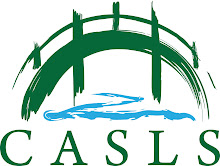From http://www.nhlrc.ucla.edu
White Paper: Prolegomena to Heritage Linguistics
by Elabbas Benmamoun, Silvina Montrul, and Maria Polinsky
Abstract: Linguistic theory and experimental studies of language development rest heavily on the notion of the adult, perhaps linguistically stable, native speaker. Native speaker competence and performance are typically the result of normal first language acquisition in a predominantly monolingual environment, with optimal and continuous exposure to the language. The question we pose in this article is what happens when access to input and opportunities to use that native language are less than optimal during language development. We present and discuss the case of heritage speakers, i.e., bilingual speakers of an ethnic or immigrant minority language whose first language does not typically reach native-like attainment in adulthood. By examining the linguistic knowledge of these individuals, we question long-held ideas about the stability of language before the so-called critical period for language development, and the nature of the linguistic system as it develops under reduced input conditions. We present an overview of heritage speakers’ linguistic system and discuss several competing factors that shape this system in adulthood. We also call attention to the tremendous potential this population offers for linguistic research, the language teaching profession, and for society in general.
Download the paper from http://www.nhlrc.ucla.edu/pdf/HL-whitepaper.pdf
February 18, 2011
Subscribe to:
Post Comments (Atom)





No comments:
Post a Comment
Note: Only a member of this blog may post a comment.